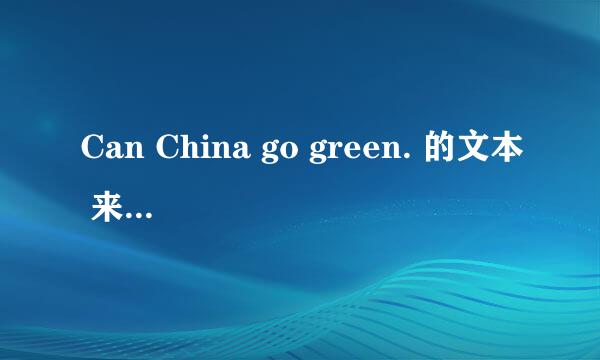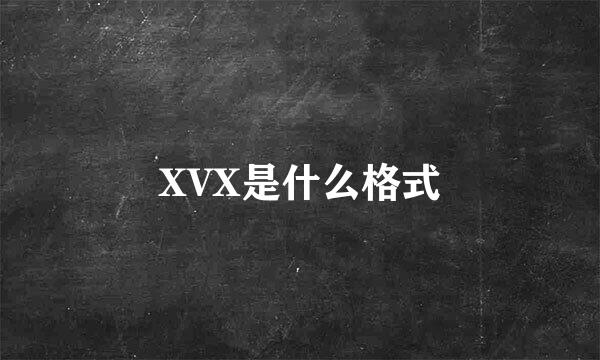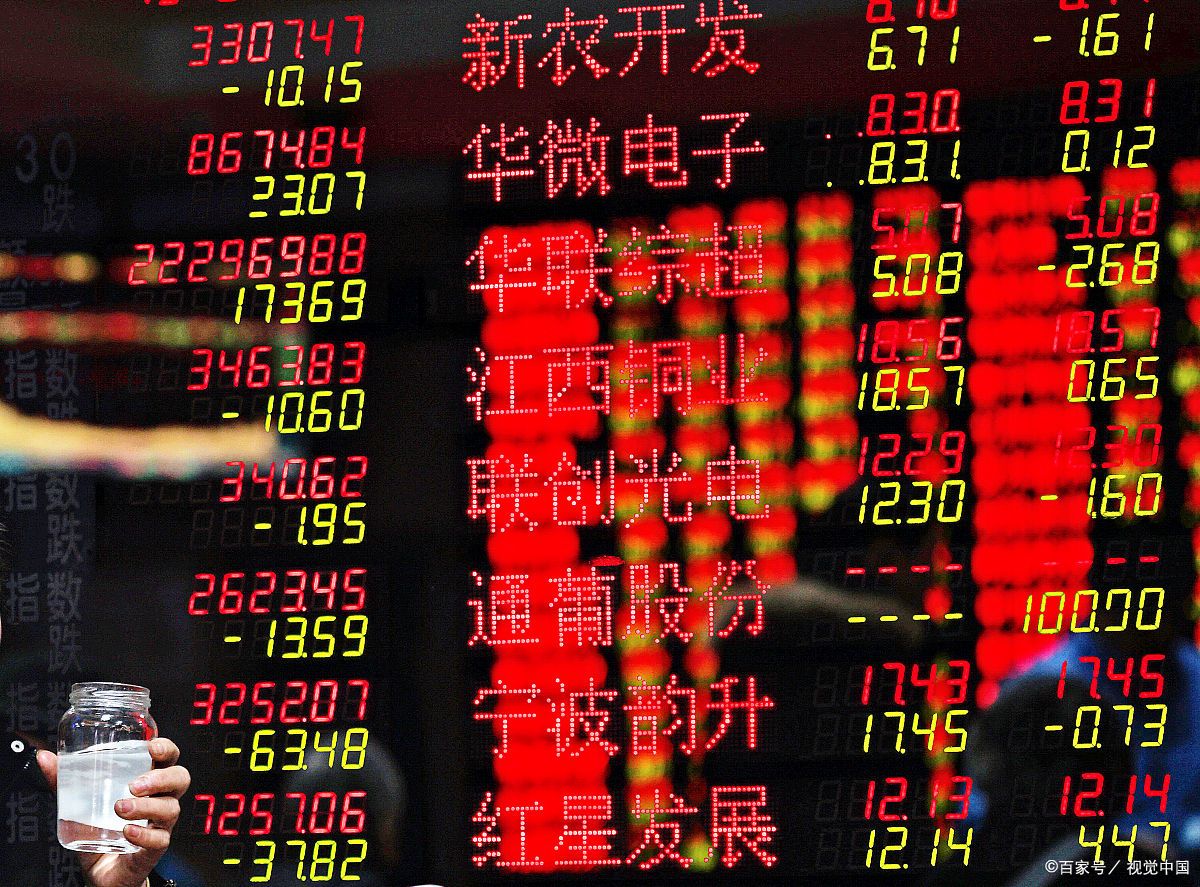
In China, amidst the toxic power stations and burgeoning numbers of cars, extraordinary and pioneering green solutions are being developed. Although the Chinese are avid to grow their economy at all costs, they may also be effectively leapfrogging the older industrial societies of Europe and America in bringing on real, long term environmental solutions, sustainable power and eco design."If China doesn't go green, then the rest of the world can't. It's just a matter of scale, it's a matter of pace, it's a matter of simple math," says Peggy Liu, chairperson of JUCCCE, the Joint US-China Collaboration on Clean Energy.As China is building one new coal-fired power plant a week, going green might not seem to be the priority for the country at the moment; but, says Liu, that would be a misconception."At the same time that they're building out coal-fire power plants, they're trying to reduce the number of small and inefficient coal-fired power plants. They closed down over 50 gigawatts ... that's seven percent of the entire generation capacity of China at the time. Also, China has the largest installed based of solar hot-water heaters, and has outstripped our original target of building wind farms."The ambition in China is astounding. The country has plans to provide roughly 20 percent of total energy consumption from renewables. The urgency is driving a whole new generation of green-tech entrepreneurs."China does have a very dynamic set of private entrepreneurs who see a market in the green tech field," said Charles McElwee, an environmental lawyer at the firm Squire, Sanders & Dempsey, based in Shanghai. "Right now the market they see is primarily an export one, but I think once the policies are in place in China to spur domestic demand, you'll start to see more original Chinese innovation. The private levels in China will start to innovate and capture those markets in ways that, I think, will be helpful to reducing carbon."BYD -- Build Your Dreams -- is the fastest-growing company in China. Wang Chuanfu, BYD's Chairman, is at the top of China's rich list. The first all-electric car from BYD, the E6 will launch in the next few weeks, perhaps using Copenhagen as a platform to upstage the rest of the world.The E6 has a range of 250 miles per charge, and a charge of only 10 minutes puts the car at 50 percent capacity.Not surprisingly, the Chinese government is right behind BYD and other car companies, with plans to subsidize sales in designated cities to push up domestic output to 500,000 vehicles over the next couple of years. On top of that, they will be expanding export markets, with both US and European car manufacturers struggling to keep up.However, even with government subsidies for hybrids and all-electric vehicles, which amounts to $7,000 per car, some believe it will take a long time to transform the market in China. Northwest of Shanghai is the headquarters of Suntech, one of the world's biggest solar power companies. Even the building is solar-powered, with an impressive 1 megawatt solar facade, the world's largest grid-connected, building-integrated solar system."Suntech is a technology-driven company. That has a lot to do with my background," says Dr. Zhengrong Shi, Suntech's founder and another of China's famous entrepreneurs. "Since Suntech was founded in China, our philosophy is to always improve our technology, in particular to improve energy conversion efficiency of solar cells and solar panels."According to Shi, the Suntech is now leading the industry in high efficiency solar cells at low manufacturing costs.Solar power technology is being developed all over the world, most notably in Germany and Japan. But thanks to Suntech, costs are now extremely competitive. "Now solar panel price is around $2 dollars per watt; ten years ago it was $6 plus dollars per watt," said Shi. "So we believe within the next two to five years time, we should be able to compete with coal-fired electricity prices, so that is our goal."Suntech is working on its domestic market, currently around two percent of total sales. But given that green tech is now at the heart of central government targets, this internal market is very likely to grow.Produced by the world's most respected news source, the BBC World Service is a 24-hour news service that gives listeners access to the latest world news, expert analysis, commentary, features, and interviews on issues of the day. Distributed exclusively in the U.S. by PRI.
标签:China,go,green















